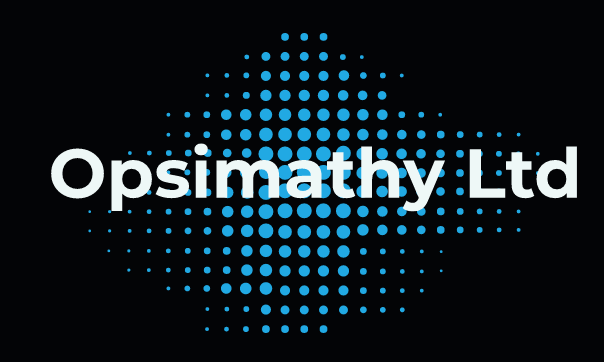
Opsimathy refers to the process of learning or acquiring knowledge later in life. It describes the phenomenon where individuals develop intellectual interests or pursue education at an older age, often after their prime working years. The term is derived from the Greek words opsé (late) and mathia (learning).
Lifelong learning is the ongoing, voluntary, and self-motivated pursuit of knowledge for personal or professional development throughout a person’s life. It encompasses all forms of learning, whether formal (e.g., courses and certifications), non-formal (e.g., workshops and community education), or informal (e.g., self-directed learning through books, online resources, or life experiences).
Key Characteristics of Lifelong Learning:
- Continuous Process: It does not end with formal education but continues through all stages of life.
- Self-motivated: Often driven by personal interests, curiosity, or the desire for growth.
- Adaptability: Helps individuals stay relevant in rapidly changing environments, such as evolving technologies and job markets.
- Diverse Forms: Includes traditional education, online courses, hobbies, volunteering, travel, and even day-to-day interactions.
Benefits of Lifelong Learning:
- Enhances employability and career prospects.
- Promotes mental agility and cognitive health.
- Enriches personal development and fulfilment.
- Encourages adaptability in an ever-changing world.
- Builds social connections and engagement.
Lifelong learning is a mindset and philosophy that emphasises the never-ending journey of acquiring knowledge and skills. It is integral to personal growth, professional development, and societal progress.
